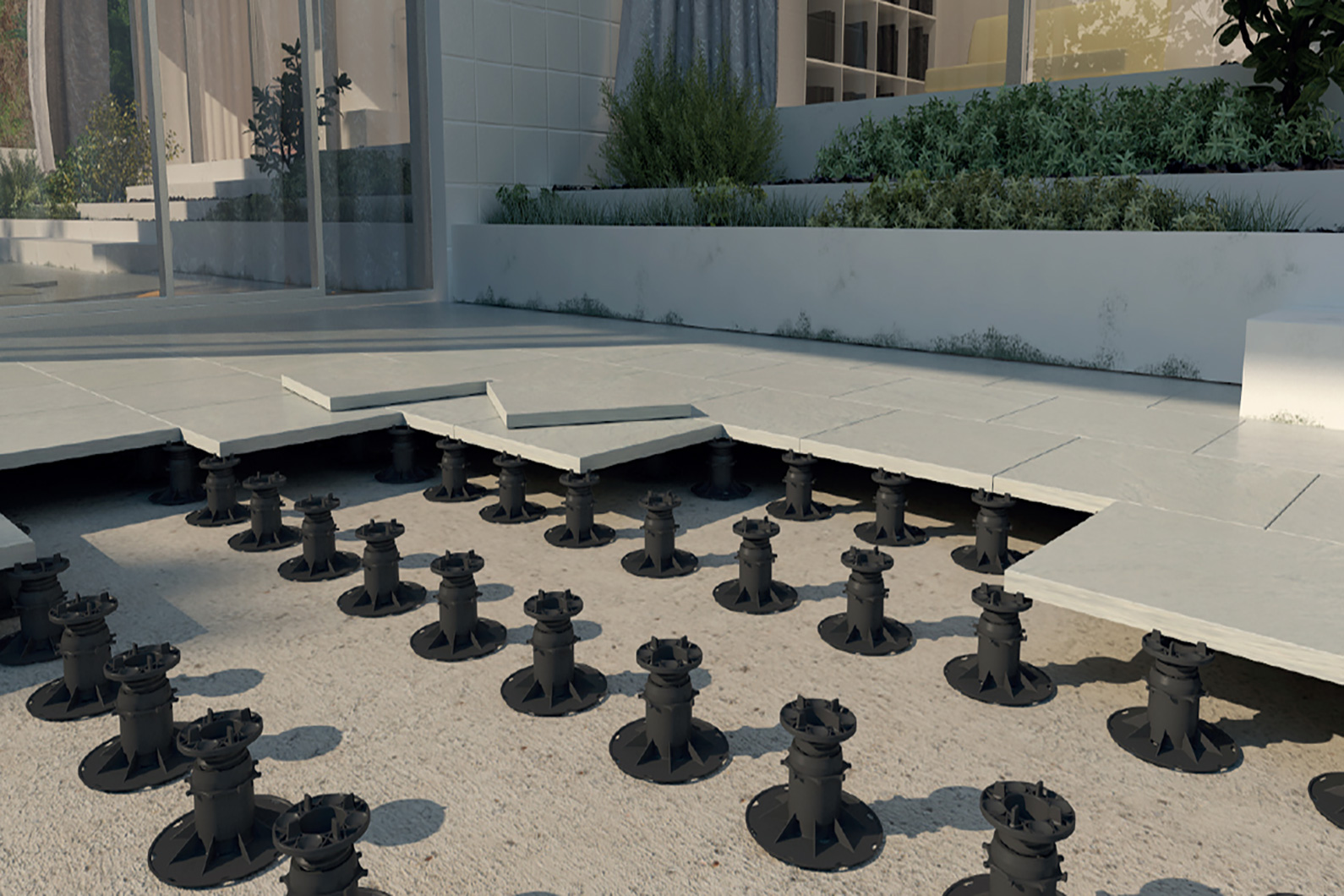Timber Decking vs. Composite Decking: A Comparison
Backyard decks are extremely popular, and fortunately, households have a range of materials to choose from. For a period of time wood decking was the first choice, but as needs and budgets have evolved, alternatives like composite decking have come to the fore. So which is better, wood or composite? When you’re building a deck and choosing the right material, you’ll want to take into account a lot of different considerations. These include maintenance, durability, cost, slip resistance, and the look and feel of your chosen material. We explore these below.
Maintenance
When it comes to maintenance, composite decking is the clear winner. Wood decking requires much more maintenance, such as specialist chemical treatment or protective finishes to prevent damage. This potential damage could include warping, cracking, splinting, and rotting. Extra labour, time, and costs to prevent or treat mould, moss, algae, moisture damage, and UV fading are also associated with wood decking. With composite decking, you might need to only clean it with a soft brush and soapy water two to four times a year, without the need for staining or treatment.
Durability
Composite decking can last you up to 50 years whilst wood decking has a general lifespan of 10 to 30 years. Whether it’s insect damage, rot resistance, scratch resistance, or warp or bow resistance, composite offers better durability. On splintering, stain resistance, and fade or UV resistance, composite is also the winner over wood decking.
Cost
Composite decking can be more expensive than wood decking, but your initial outlay isn’t the only cost. When you factor in the ongoing maintenance costs and effective living space, composite decking could be the more cost-effective option. Wood decking requires ongoing upkeep with stains, oils, labour, and other treatments. As such, composite decking could pay for itself within a few years of installation if you account for annual maintenance costs.
Slip resistance
Since your deck is located outdoors, exposure to rain and the elements could heighten the risk of slipping. No one wants to slip and injure themselves on their deck, so is wood or composite likely to be the safer choice? Wood decking could be more likely to be slippery because it’s less resistant to algae, moss, mildew, and lichen. If you live in a dry climate, this could be less of a concern. However, during the wetter seasons or in a damp climate, algae and lichen could lead to a very slippery deck. In snowy or rainy areas, a lot of moisture or frozen ice could also make your deck a hazardous zone for slipping. Composite decking, however, is resistant to algae growth and moisture resistant. At the same time, dirt, leaves, and other garden debris accumulating on your composite deck could still lead to slippage. As such, opting for composite decking and keeping your deck clean is probably the best way to keep things as safe as possible.
Look and feel
The look and feel of your decking material is a major consideration as everyone wants an aesthetically pleasing deck. If you’re after a realistic wooden or timber look and feel, you might think nothing but the real thing, whether hardwood or softwood, will do for your deck. However, high-quality composite decking can look just like real wood. Also consider the fact real wood can change colour and warp over time, while composite decking is resistant to fading, warping, and splintering. Composite decking, as noted above, is also less slippery than timber. You’ll also likely have more colours and finishes to choose from if you opt for composite decking. However, you can change the colour of wood decking with stains and painting.
Another advantage of going with composite is the finish is much more consistent. This is due to the fact composite decking boards are manufactured rather than harvested. By contrast, timber decking tends to vary in colour, in addition to having knots and other textural variations. For some people, the natural variations that come with wood decking might be an aesthetic advantage. Note some modern composite decking products with a variegated appearance are now available, so you can have totally unique, randomised patterns with a composite product as well.
Conclusion
The choice of material will come down to your personal preferences, but composite decking offers numerous advantages over wood decking, especially in terms of maintenance and durability. At KEKSIA, we are dedicated to sourcing unique products from forward-thinking companies. We’re here to help by taking the hard work out of the equation for you, and our products offer you the very best option when it comes to composite decking materials.
Contact us today with any questions you might have about your decking project and how we can help you find the most suitable product.


